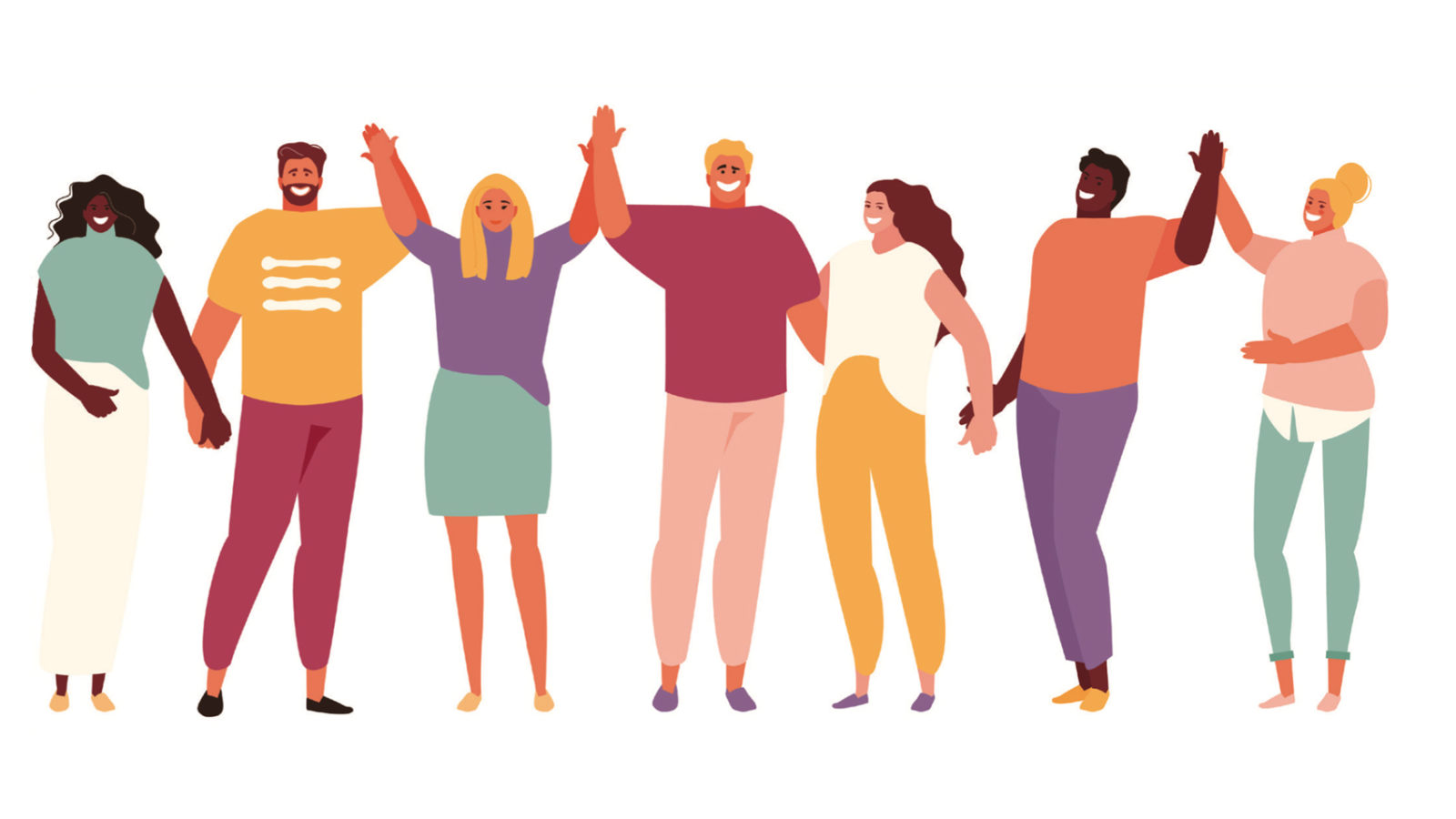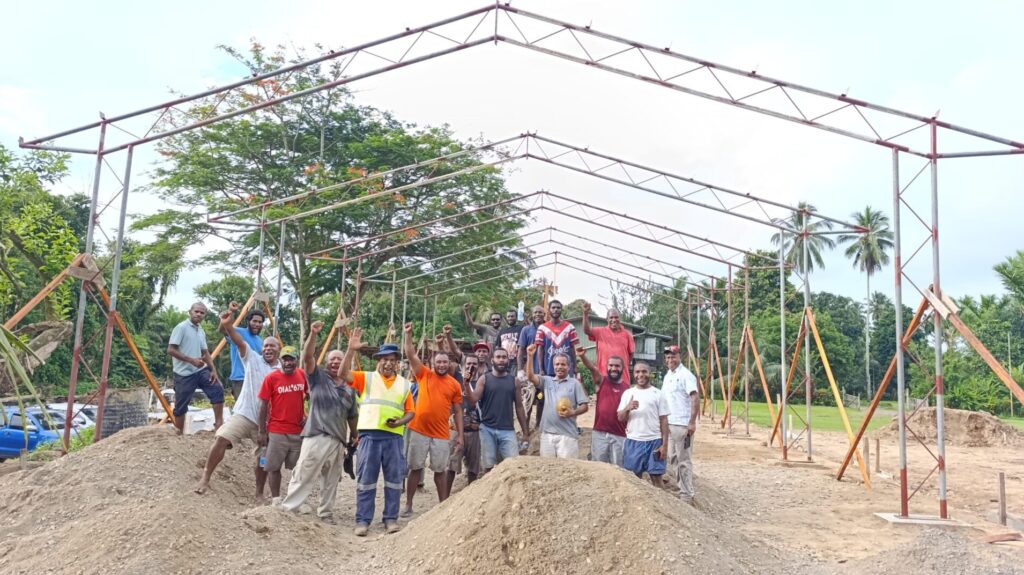May 27 to June 3 marks National Reconciliation Week on the Australian calendar. What makes this year more significant is the heightened awareness of Indigenous people and the issues that impact their lives. Black Lives Matter rallies organised globally and locally, followed by community outrage over the Juukan Gorge destruction by powerful mining corporation Rio Tinto, has propelled Indigenous issues to the fore—reconciliation must be more than a word.
Reconciliation is a journey for all people—as individuals, families, communities, organisations and, importantly, as God’s children. At the heart of this journey is the relationships between humanity and God.
National Reconciliation Week is a time for all Australians to learn about our shared histories, cultures and achievements, and to explore how each of us can contribute to achieving reconciliation in Australia.
National Reconciliation Week has been held on the same dates every year since 1996. These dates commemorate two significant milestones in the reconciliation journey—the successful 1967 referendum in which Aboriginal and Torres Strait Islanders were given the right to vote and hold citizenship, and the High Court Mabo decision which overturned the notion of terra nullius (no man’s land).
National Reconciliation Week (NRW) started as the Week of Prayer for Reconciliation in 1993 (the International Year of the World’s Indigenous Peoples) and was supported by Australia’s major faith communities. Today, NRW is celebrated by businesses, schools and early learning services, organisations and individuals Australia-wide. Hundreds of NRW events are held each year.
Reconciliation and You
While Reconciliation Week is celebrated in Australia, we all have a role to play in building stronger relationships in our communities. Building stronger relationships is about showing that we value one another, their histories, cultures, and agreeing to having a better future together.
Reconciliation must live in our hearts, minds and actions each day, creating a witness of respectful relationships between one another.
Are you ready to actively engage in reconciliation? You might think, “Who do I need to reconcile with, I’m not at odds with anyone?” This might be true for you, but you live in a community with people who are broken, estranged and cut off. You only need to walk the streets and listen to the story of those who are homeless to know. What better way to put reconciliation into practice? Seeking out those who are marginalised and on the outer in your society.
Join the Movement
The desire to become a more reconciled nation has increased in Australia. The 2020 Australian Reconciliation Barometer (2020 ARB) surveyed a national sample of 495 Aboriginal and Torres Strait Islander people and 1988 general community members across all states and territories. Both the general community sample and Aboriginal and Torres Strait Islander sample are weighted to be representative in terms of age group, gender and location (state and territory populations), as per Australian Bureau of Statistics 2016 Census data.
Australians increasingly want to do something to help improve reconciliation:

And more of us know what we can do to help:

Where do I Start?
Historically NRW started as a week of prayer, so prayer is a good place to start. Pray for opportunities to arise where you can move from showing a smile to having a conversation. Did you know, according to the 2016 ABS stats, that 79 per cent of Aboriginal and Torres Strait Islander people identify with the Christian faith, so as a Christian it can be easier than you think to start a conversation about faith with an Indigenous person.
In the Australian Union Conference (AUC) office we will be celebrating Reconciliation Week in our morning worship topics. This will include a prayer focus on our Indigenous church leaders working in the conferences. We will host a cultural awareness presentation and several other fun interactive activities for staff. We will also help to facilitate a focus on reconciliation at the South Pacific Division office during their morning worships. However, the process of reconciliation is much longer than a week. That’s why the AUC has embarked on developing a Reconciliation Action Plan, commonly known as a RAP which is a framework to measure an organisation’s actions so that we can intentionally take steps that work towards reconciliation. There are conferences and church entities who are also developing their own RAPs. Reconciliation is about understanding each other and working together for a better future. We as Christ’s followers should be at the forefront of bringing people together.
Being Agents of Change
God has called us to be His witness, telling the world about His love, reconciling mankind to one another and to Him. This is reconciliation. Paul states that God has “given us the ministry of reconciliation” (2 Corinthians 5:18). It is time for Christians to lead the way in crossing the street and putting reconciliation into action. It must be more than a word–reconciliation takes action.
“For reconciliation to be effective, it must involve truth-telling, and actively address issues of inequality, systemic racism and instances where the rights of Aboriginal and Torres Strait Islander peoples are ignored, denied or reduced” (2020 ARB).
The Reconciliation Australia website (see <reconciliation.org.au>) is a place where you can find many upcoming activities or visit your local council.
Pastor Darren Garlett is ATSIM director for the Australian Union Conference.






